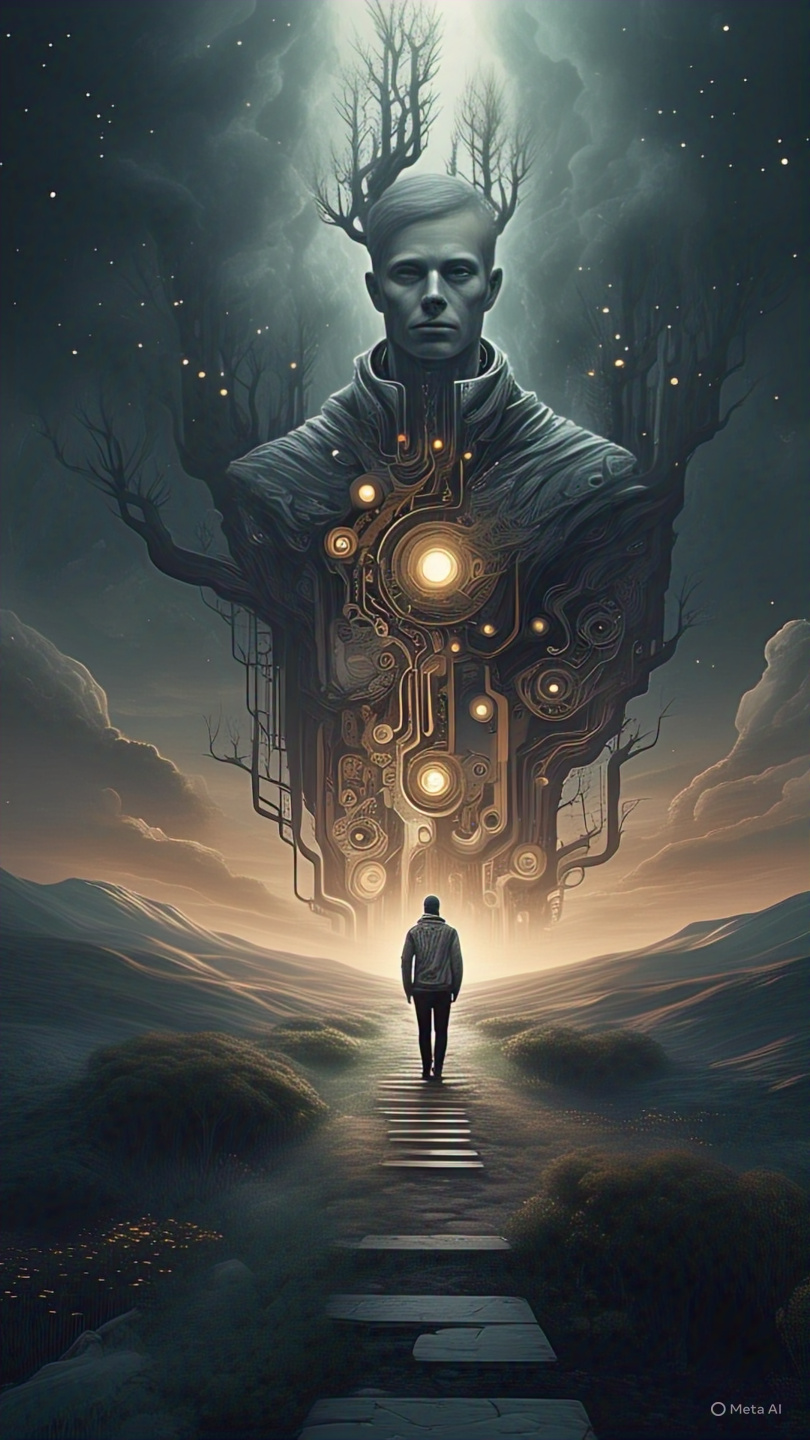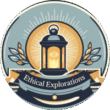A Deep Dive into Consciousness and Conditioning
 Have you ever felt like life is just happening to you? Like your body is moving, your day is unfolding, but you’re not really “there”? Many of us operate this way — in what can be called “autopilot mode.” It might seem like a convenient survival mechanism, but what if it’s actually keeping us from truly living?
Have you ever felt like life is just happening to you? Like your body is moving, your day is unfolding, but you’re not really “there”? Many of us operate this way — in what can be called “autopilot mode.” It might seem like a convenient survival mechanism, but what if it’s actually keeping us from truly living?
The Illusion of Control
We often believe we’re in full control of our actions, but in reality, most of what we do daily is governed by habitual programming. Just like learning to drive a car — in the beginning, every movement requires attention. Over time, though, we stop consciously thinking about it. Our body takes over, responding to situations automatically.
This is true for many things — typing, writing, brushing our teeth, even our emotional responses. When repeated often enough, actions embed themselves into our subconscious. We begin to live not with awareness, but through reaction.
The Danger of Autopilot
While automation has its place, it becomes dangerous when we confuse automation with consciousness. If you’re driving and thinking about your day, but a sudden accident occurs — you’re forced into the present moment. That shock, that jolt — it’s your consciousness waking up.
This begs the question: Are we truly awake only during emergencies or challenges?
Pattern Recognition and Programming
Our brain remembers patterns. That’s why you recall songs you listened to on loop ten years ago, but forget a new name you just heard. Whatever we feed consistently into our senses becomes a part of our internal programming. And unless we consciously reprogram these inputs, our old patterns — even the unhelpful ones — keep playing like background music.
Senses as Tools for Awareness
The five senses aren’t just for experiencing pleasure or comfort — they are gateways to deeper awareness. If we eat mindfully, listen intentionally, observe patiently, we begin to notice a different layer of reality. With every conscious act, we interrupt the autopilot.
Entertainment: From Rest to Distraction
Entertainment once served as a break — a time to recharge. Today, it has become a necessity, a coping mechanism, and often, an addiction. Instead of giving our brain the rest it needs, we bombard it with noise. And what’s worse — we call it relaxation.
Everyone has their own version of entertainment — comedy, horror, action, tragedy. But the constant need for it is numbing our ability to think, reflect, and evolve. Our capacity for boredom — a vital spark for creativity — is slowly dying.
Becoming the Observer
The real shift happens when we start observing ourselves:
-
- Why do I react this way?
-
- What thought just passed my mind?
-
- Am I truly present in this moment?
Asking these questions doesn’t make life perfect, but it makes it real. You begin to live consciously, not just exist habitually.
Breaking Free from the Herd
In a world of endless scrolling and binge-watching, it’s easy to become a part of the herd — moving in one direction because everyone else is. But true fulfillment lies in choosing your direction, your thoughts, your consumption — with intention.
Conclusion
Our body and brain are brilliant machines. But even the best machines need a conscious driver. Autopilot can only take us so far. If we want to evolve, grow, and truly live, we must learn to wake up — again and again — in each moment.
Because awareness isn’t a one-time event. It’s a way of being.
